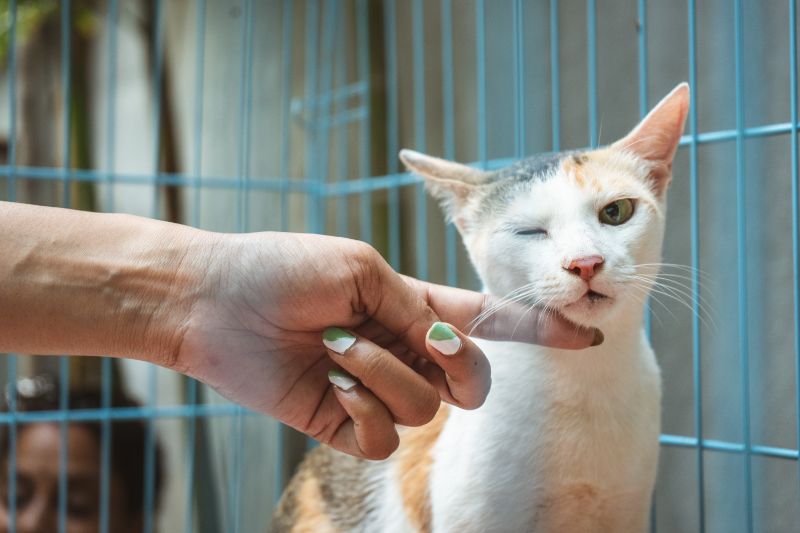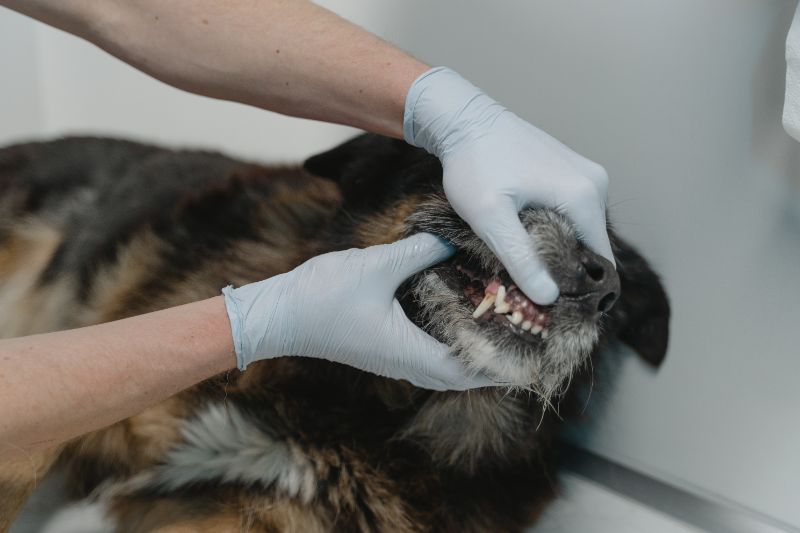
Why Are Veterinarians So Busy?
If you’ve tried to get your pet in to see a vet in the last 18 months, you have probably noticed something: it is much harder to schedule an appointment than it used to be. Veterinarians around the country are scheduled out 3+ weeks for routine things like vaccines, and many clinics have had to turn away emergencies. Why is this the case, and how can you ensure your pet gets the care they need?
As with everything else, the pandemic has affected veterinary clinics significantly. COVID protocols have made even routine appointments take much longer than normal, making it more difficult to move pets in and out as efficiently.
In many areas of the country, these protocols have relaxed, and pet owners can once again come into clinics with their pets. This has helped with both efficiency and communication, but there are still new challenges. Most clinics are offering both routine care and curbside care for those who prefer it, which can be more labor-intensive to orchestrate and require additional staffing.

The pandemic has brought a surge in pet ownership. With people staying home, there has been a boom in pet ownership. With more time at home, many people got that new dog or cat that they have been thinking about for a while. This has been fantastic for many rescues, and some shelters ran out of pets. It has also been a bigger challenge getting puppies from breeders. All of these new pets need healthcare, flooding vet clinics with pet owners requesting appointments. Emergency veterinary clinics across the country often have wait times of 6-8 hours due to the overwhelming demand. Some have even had to close to all patients for periods of time.
The challenges brought by the pandemic have also brought to light issues that have been plaguing the veterinary industry for years. Staffing has been an increasingly challenging issue at veterinary clinics across the country. Technicians – veterinary nurses – are harder and harder to find. It is also difficult to hire veterinarians. Countless articles shared across social media have explored the myriad of reasons for this. The first is that working in veterinary medicine is extremely stressful. Burnout and compassion fatigue are common.
Those of us in the veterinary field are here because we love animals and recognize the importance and value of the human-animal bond. We all have pets who mean the world to us. When we are faced with overwhelming numbers of animals needing care, the guilt that there often isn’t enough time or resources to care for them all affects us in a big way.
The staffing challenge comes at a time when the demand for skilled veterinary services has been increasing. Since before the pandemic, pet owners increasingly wanted the highest quality of vet care for their pets. Many recognize their pets as family members and are eager to seek out the highest quality veterinary care and treatments for their pets. This, on the veterinary side, is a good problem to have. With the cooperation and requests of clients, we’re able to provide that excellent level of care. That also means that appointments take longer, require staff with higher training, and require access to more expensive equipment and diagnostics.
So, taking all of this into account, what can you do to make sure your pet gets the veterinary care you expect?
Make sure you are established with a veterinarian. Due to the increased demand, many veterinarians have stopped accepting new clients, so it is important to make sure that you are established as a client at a clinic – especially before you need them for an emergency.
Plan ahead. If you know your pet is coming due for services in a few months, consider getting those appointments scheduled well in advance. This also applies to refills for medications. If your pet is on long-term medication, get those requests several days in advance, as some medications are also becoming more difficult to get.
Be proactive. Historically, you could expect to get that appointment to get into the vet with your pet for a medical issue within 24-48 hours. That may not be the case now. If you notice issues with your pet, have those problems addressed sooner rather than later so it doesn’t become an emergency.
Know what to do in an emergency. It’s important to know your veterinary clinic’s policies when dealing with emergency issues before you need to utilize those services. There are no 24-hour emergency veterinary clinics in the Tristate area.
Utilize multiple forms of communication. With phone lines often full, it may be difficult to get through. If you have a non-urgent question or concern, consider using e-mail or other forms of communication.
Consider pet insurance when you have a healthy pet to help when the unexpected happens. Pet insurance can allow you to make medical decisions without the burden of financial worry.
The pandemic has brought many challenges to the veterinary industry, and those challenges affect all pet owners. By understanding these challenges, you will be better prepared to work with your vet to make sure your pet gets the care they need.
